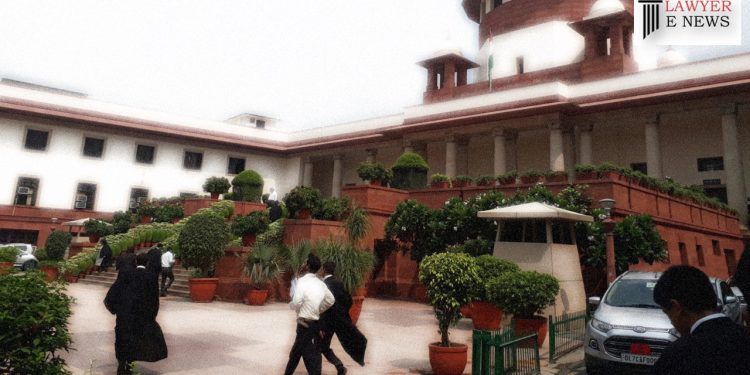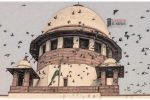Priority of Government Dues and Preferential Payments During Company Liquidation: SC

In a significant ruling, the Supreme Court of India delivered a landmark judgment clarifying the priority of government dues and preferential payments during company liquidation. The judgment, authored by Hon’ble Justices Sanjiv Khanna and Sudhanshu Dhulia, sheds light on the intricate interaction between the Companies Act, 1956 and the Customs Act, 1962, providing crucial insights into the treatment of government dues vis-à-vis other creditors in the event of company liquidation.
The bench’s observations emphasized the complexity of reconciling conflicting laws and provisions. Justice Khanna noted, “The interaction between the Companies Act and the Customs Act raised pertinent questions about the precedence of government dues over other creditors, especially during the liquidation of a company. This required a careful analysis of statutory language, relevant case law, and the principles of interpretation.”
The judgment examined the meaning of “due and payable” within the context of the statutory provisions, particularly Sections 529A and 530 of the Companies Act. It delved into the interplay between the Customs Act’s provisions and the priority of payment established by the Companies Act. Justice Dhulia remarked, “The interpretation of these provisions required us to address not only the timing of customs dues but also the creation of a first charge on government dues under the Customs Act.”
Crucially, the judgment also analyzed the implications of Section 178 of the Income Tax Act, 1961, on the distribution of dues during company liquidation. The court clarified that the specified amount under Section 178 would be excluded from the distribution pool, thus affecting the hierarchy of payments. Justice Khanna stated, “Section 178’s role in safeguarding tax dues during liquidation had to be examined in light of its impact on the priority of payments as established by the Companies Act.”
In its conclusion, the Supreme Court allowed the appeal, setting aside the impugned judgment and directing the distribution of sale proceeds in accordance with Sections 529A and 530 of the Companies Act. The court clarified that Section 142A of the Customs Act, post-enactment, does not affect overriding preferential creditors governed by Section 529A. The judgment ended by emphasizing that no costs would be awarded.
The decision resonates with a number of referred cases, including Dytron (India) Ltd. v. Deputy Commissioner of Income Tax and Another, Punjab National Bank v. Union of India and Others, Sundaresh Bhatt, Liquidator of ABG Shipyard v. Central Board of Indirect Taxes and Customs, Imperial Chit Funds (P) Ltd. v. Income Tax Officer, Ernakulam, and Commission of Customs, Calcutta and Another v. Biecco Lawrie Ltd.
Date of Decision: August 18, 2023
INDUSTRIAL DEVELOPMENT BANK OF INDIA vs SUPERINTENDENT OF CENTRAL EXCISE AND CUSTOMS AND OTHERS






